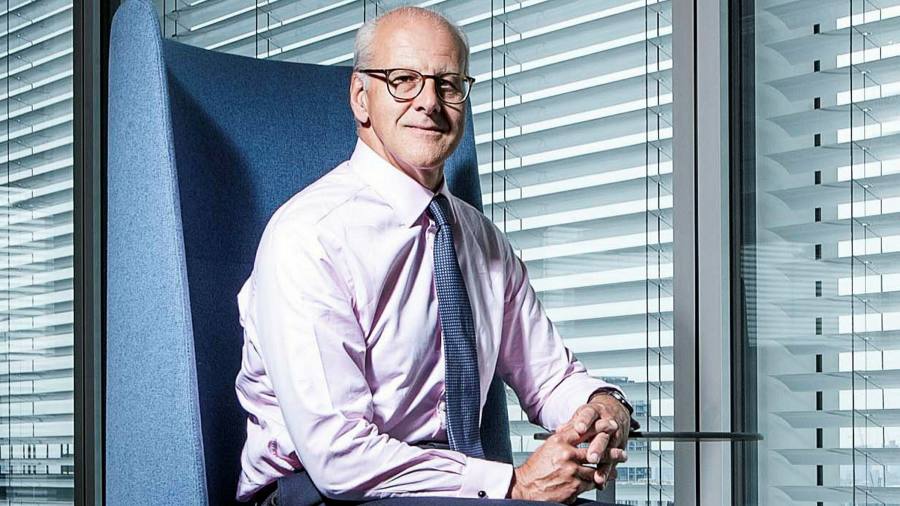The chair of Britain’s financial regulator has cautioned against a rush to add crypto markets to the agency’s remit after the government launched an ambitious bid to draw up new regulation and make the UK a crypto hub.
Charles Randell, chair of the Financial Conduct Authority, called for “realism” about how long it would take the regulator to prepare to supervise issuers and traders of “purely speculative crypto tokens”, and how much crypto firms need to improve before they could be officially authorised.
He also stressed the importance of the FCA’s independence at a time when some in the crypto industry have urged the government to press the regulator to be more accommodating of digital assets.
“It’s critical that . . . there are strong safeguards to ensure that all interests — not just the interests of people making money from pushing crypto products, but also the interests of the people whose savings will be put at risk — are heard,” Randell said, in a speech on Friday. “That requires a strong and independent financial conduct regulator.”
The FCA chair, who is expected to leave his post this spring, also said it was not clear how the regulator would pay for the “very significant costs” of adding crypto oversight to its responsibilities.
Randell’s comments follow a speech from economic minister to the Treasury John Glen in April, which laid out the government’s ambition to make the UK “the very best place in the world to start and scale crypto-companies”.
Glen said the government was determined to attract global crypto players to set up shop in the UK, a plan that would include new regulation and probably mean handing more powers to the FCA.
The bid to compete with rival crypto centres, such as Switzerland and Dubai, was met with scepticism by digital asset businesses. Many UK crypto entrepreneurs think the FCA is implacably opposed to digital assets, and crypto companies have clashed with the regulator over how it has implemented money laundering controls.
Randell said the regulator is open to innovation, including using distributed ledger technology and the potential for properly regulated stablecoins — crypto tokens linked to traditional assets like the US dollar — to “reduce costs and frictions” in the payments sector and shake up the industry.
However, Randell questioned the objective of overseeing more speculative cryptocurrencies. “Should people be encouraged to believe that these are investments, when they have no underlying value?” he said.
“When the price of Bitcoin can readily halve within six months, as it has done recently, and some other speculative crypto tokens have gone to zero?” he added.
Randell said he was opposed to including crypto firms under the financial services compensation scheme, which would mean the pot of money collected from regulated financial companies would be available to compensate their customers. The financial services industry as a whole should not be “exposed to the costs of failing crypto firms”, he noted.
The FCA chair, who has previously spoken about the need to control advertising for crypto, returned to the subject of endorsements by entertainment personalities.
“With celebrities as varied as Kim Kardashian and Larry David willing to take money to promote speculative crypto, how do we curb people’s enthusiasm to do something that may seriously harm their financial lives?” he said.
Credit: Source link














